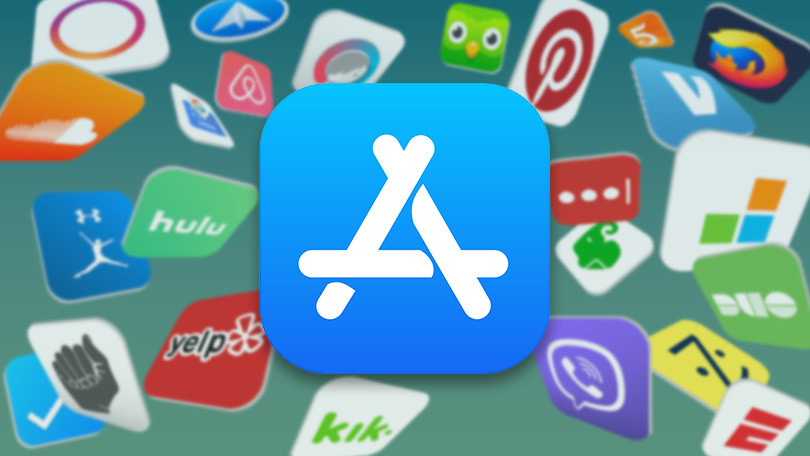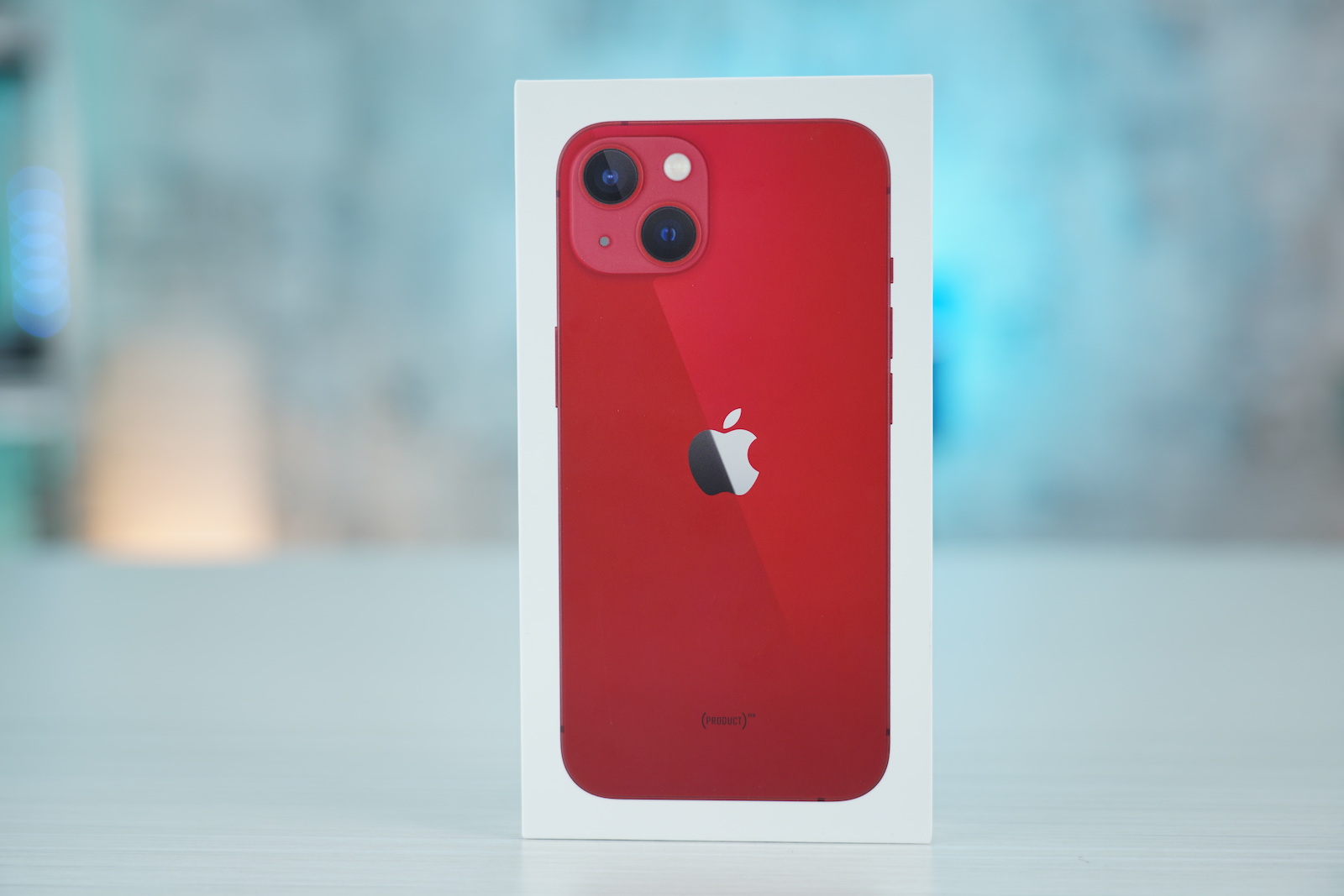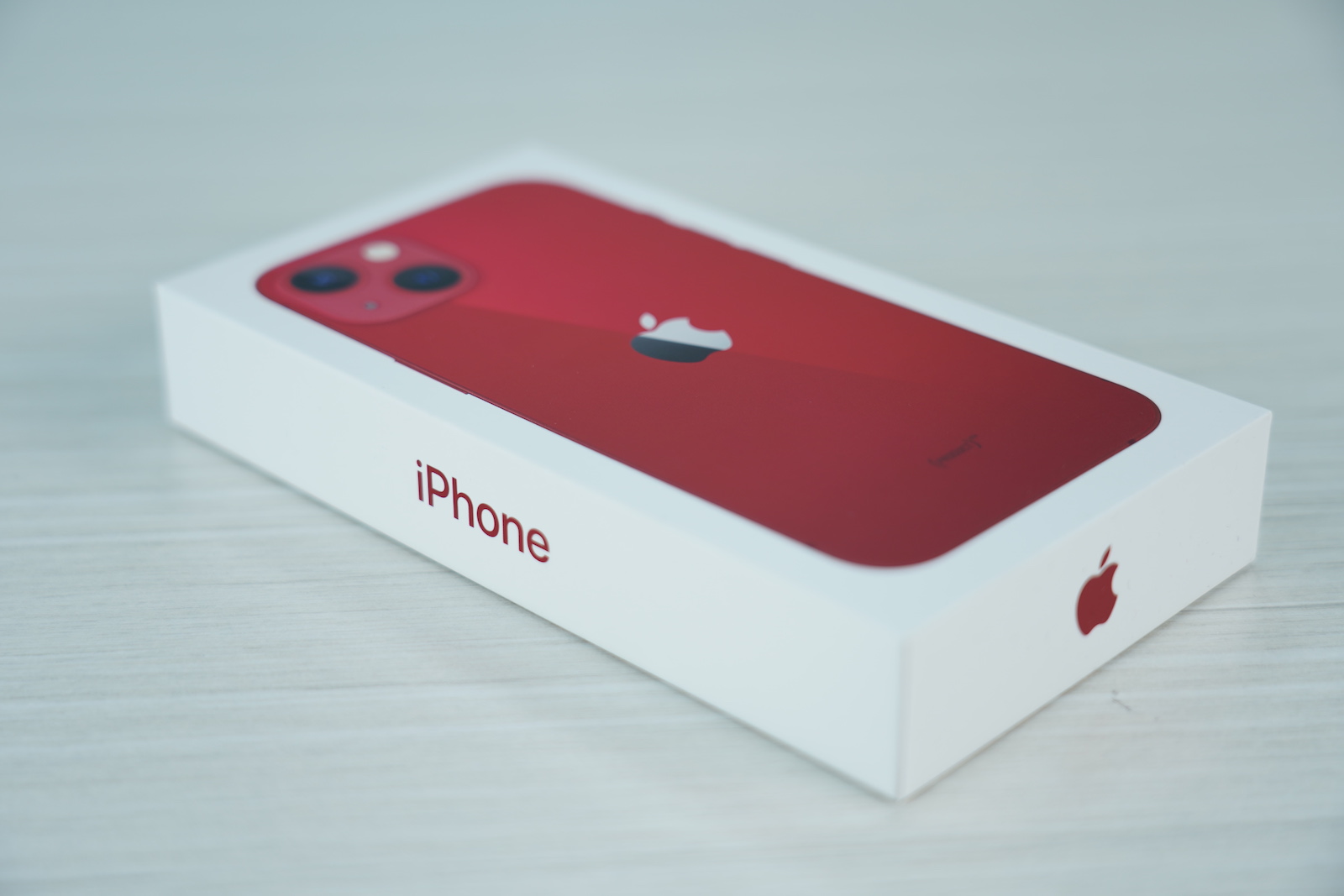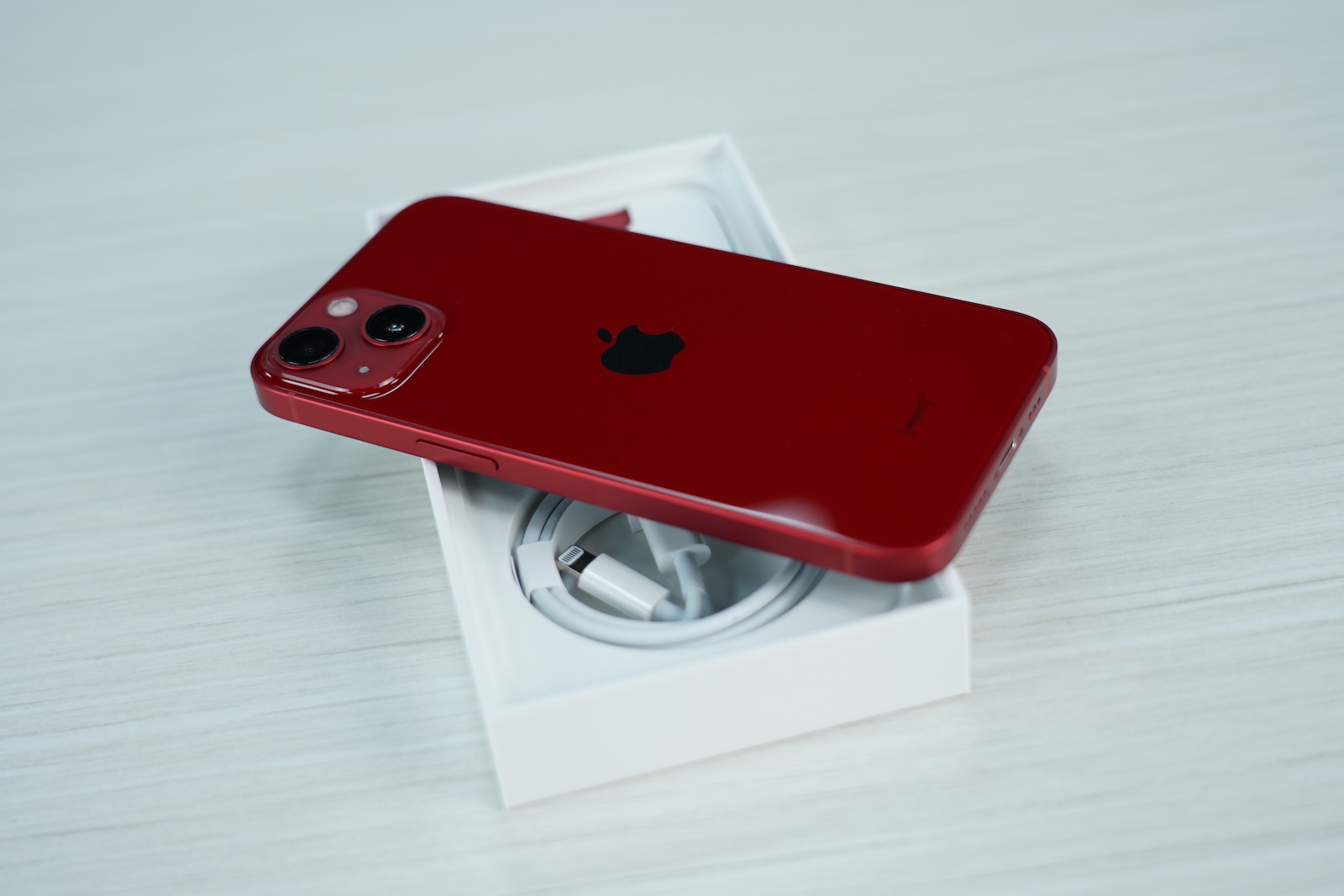So-called sideloading on iOS (i.e. iPadOS) has been a widely discussed topic in recent months. We can thank for this mainly the case of Epic Games vs Apple, in which the giant Epic points out monopolistic behavior on the part of the apple company, which charges hefty fees for individual payments in the App Store and does not allow users (or developers) to use any other option. It is also related to the fact that applications from unverified sources cannot even be installed in these mobile systems. In short, the only way is the App Store.
It could be interest you

But if we look at competing Android, the situation there is diametrically different. It is Android from Google that allows so-called sideloading. But what does it actually mean? Sideloading refers to the possibility of installing applications from outside official sources, when, for example, an installation file is downloaded directly from the Internet and then installed. The iOS and iPadOS systems are thus significantly more secure in this regard, as all applications that are available from the official App Store undergo an extensive check. When we take into account that the possibility of installation only from the own store, combined with fees that cannot be avoided, makes Apple a solid profit, then it also has a second benefit - higher security. So it's no wonder that the Cupertino sideloading giant is fighting tooth and nail against these systems.
Would the advent of sideloading affect security?
Of course, the question arises whether this argument about security is not a bit odd. If something similar were to happen, users would have a choice, after all, whether they want to use the official (and probably more expensive) way in the form of the App Store, or whether they download the given program or game from the website directly from the developer. In that case, apple fans who prioritize their safety could still find their favorite in the apple store and thus avoid the possibility of sideloading. At least that's how the situation appears at first glance.
However, if we look at it from "a little more distance", it is clear that it is still a little different. There are specifically two risk factors at play. Of course, an experienced user does not have to be caught by a fraudulent application and in the vast majority of cases, aware of the risks, will head straight to the App Store. However, this situation does not have to apply to everyone, especially not to children and seniors, who are not so skilled in this area and can be more easily influenced, for example, to install malware. From this point of view, sideloading can really represent a risk factor.

In the latter case, we can perceive Apple as a relatively well-functioning control body, for which we simply have to pay a little extra. Since all applications from the App Store must pass approval, it is only in the minimal case that a risky program actually passes and thus becomes available to the public. If sideloading were to be allowed, some developers could completely withdraw from the Apple store and offer their services only through official websites or other stores combining multiple applications. At this point, we would lose this almost invisible benefit of control, and no one would be able to accurately verify in advance whether the tool in question is safe and sound.
Sideloading on Mac
But when we look at Macs, we realize that sideloading works quite normally on them. Although Apple computers offer their official Mac App Store, applications downloaded from the Internet can still be installed on them. In terms of model, they are closer to Android than iOS. But a technology called GateKeeper, which takes care of the safe opening of applications, also plays its role in this. Additionally, by default, Macs only allow you to install apps from the App Store, which can of course be changed. However, as soon as the computer recognizes a program that is not signed by the developer, it will not allow you to run it - the result can be bypassed through the System Preferences, but it is still a small protection for ordinary users.
It could be interest you

What will the future be like?
Currently, we can only speculate whether Apple will introduce sideloading on iOS/iPadOS as well, or whether it will continue to stick to the current model. However, it can be said with certainty that if no one orders a similar change to the Cupertino giant, it will definitely not be undertaken. Of course, money plays a major role in this. If Apple bet on sideloading, it would deprive itself of considerable sums that flow into its pockets daily thanks to fees for in-app purchases or purchases of the applications themselves.
On the other hand, the question arises as to whether anyone actually has the right to order Apple to change. The truth is that because of this, Apple users and developers do not have much choice, while on the other hand, it is necessary to realize that the giant as such has created its systems and hardware completely from scratch and, with a little exaggeration, therefore has the right to do what it wants with them will like







 Flying around the world with Apple
Flying around the world with Apple
Sideloading is a scam and as you say it's about money.
The biggest problem is that someone determines what you can install on a device that is sold to you for a lot of money.
Sideloading is being considered by Microsoft, Xiaomi and others.
HP notebooks have bios locked so that the owner does not damage the functionality. This is the "Advanced" function. I am for sideloading, but for the duration of the warranty period.
could unlock the devices.
And that I do this for customers is a fiction. In a consumer society where government money is used, no one gives you anything for free.